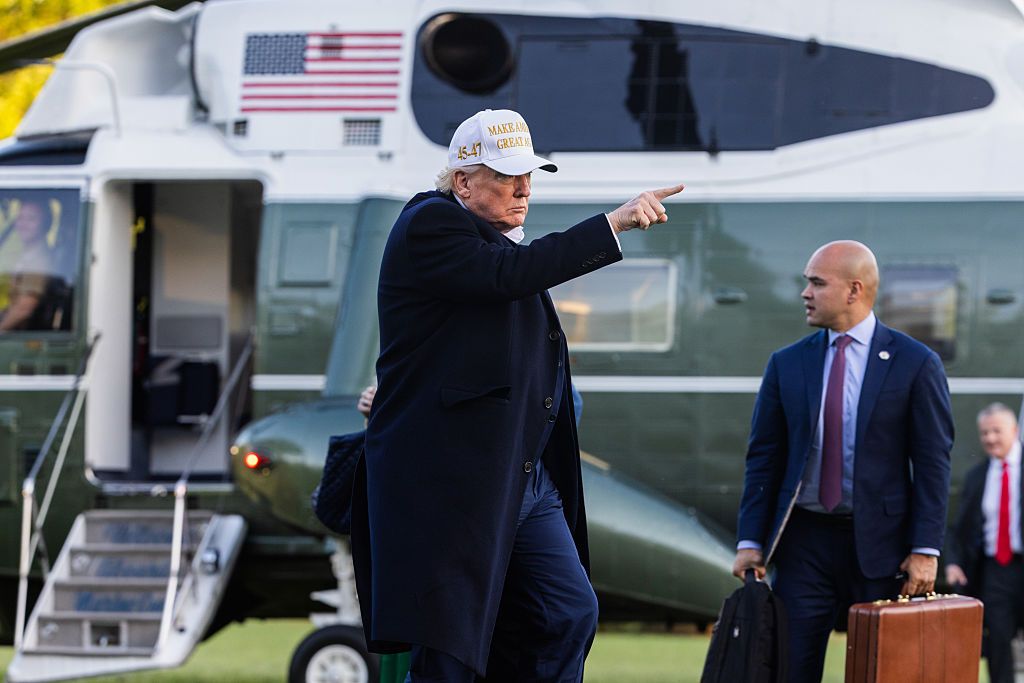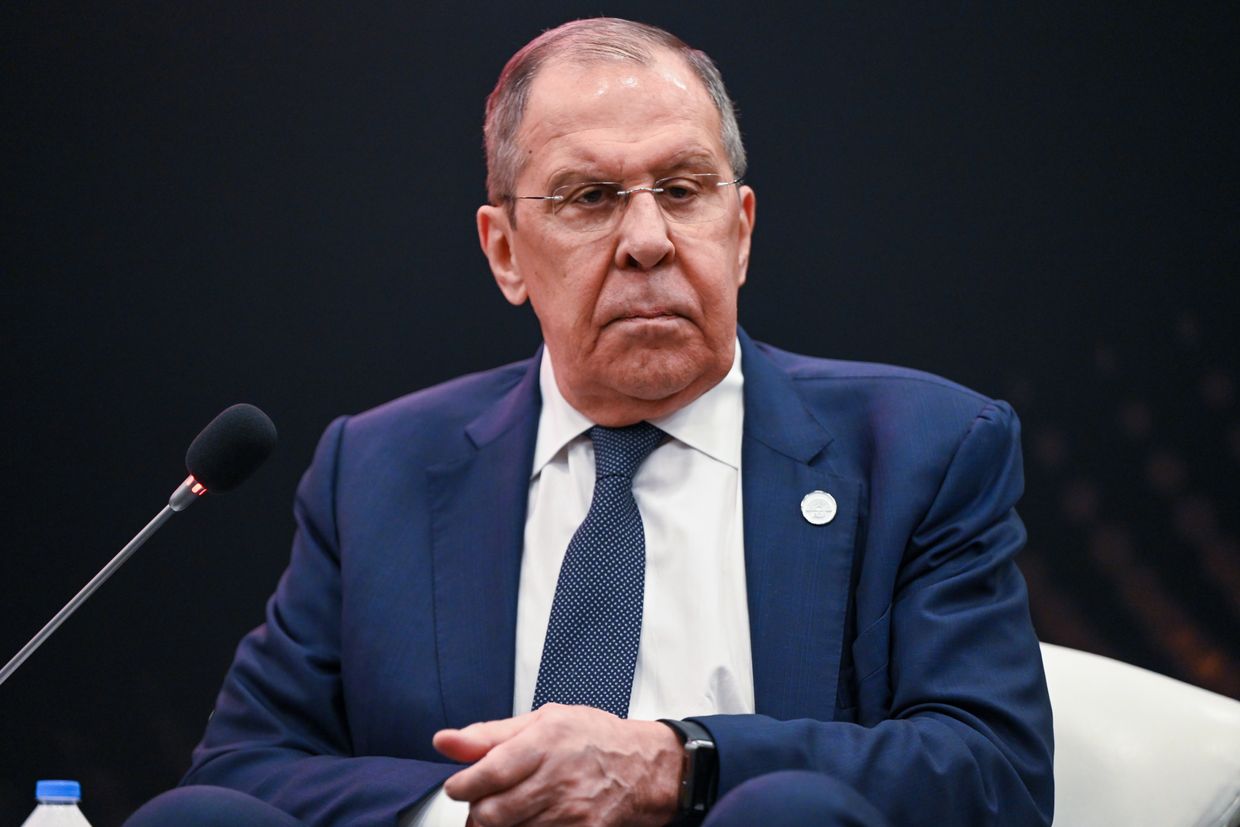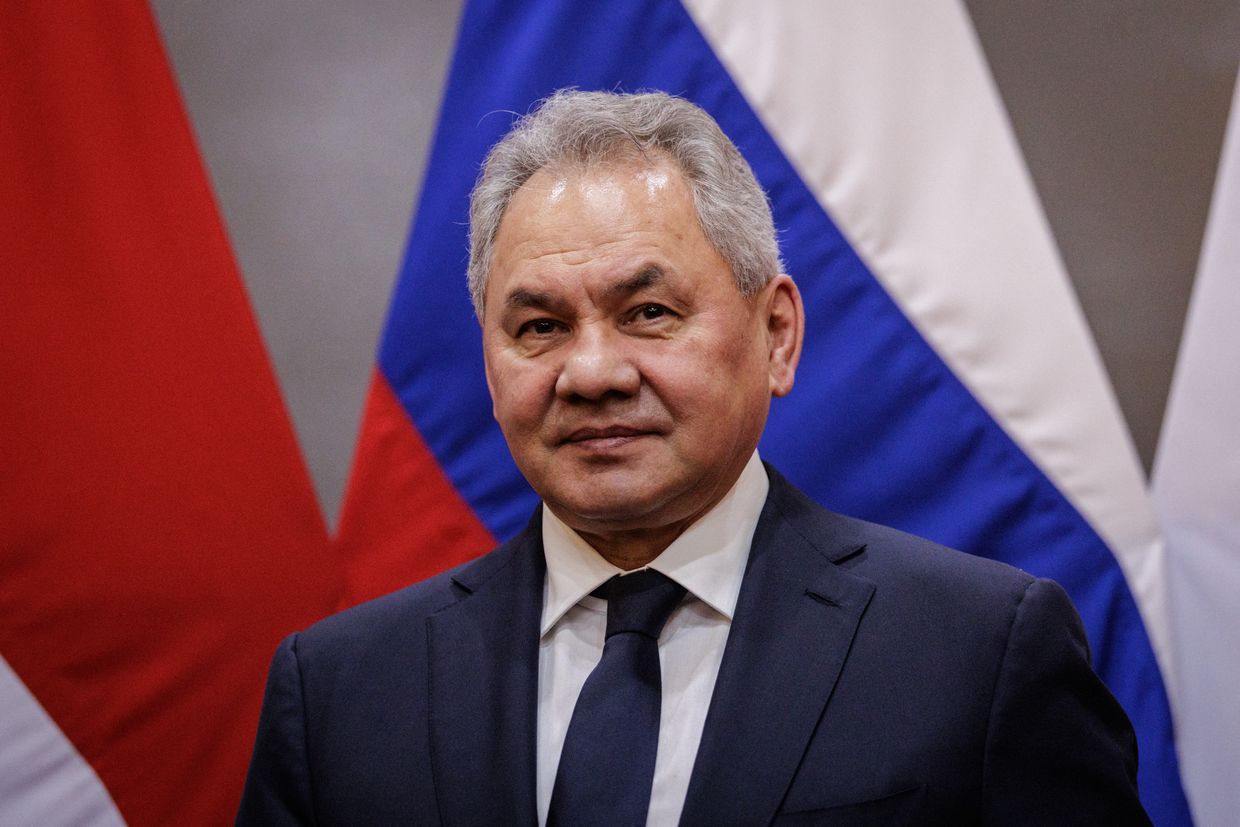Russia insists on the international recognition of its hold over Crimea, as well as the entirety of Ukraine's Donetsk, Luhansk, Zaporizhzhia, and Kherson oblasts, as a condition for peace negotiations, Russian Foreign Minister Sergey Lavrov said in an interview with Brazilian news outlet O Globo published on April 28.
This demand, reinforced last week by Kremlin spokesperson Dmitry Peskov, underscores how Russia continues to push its maximalist demands despite the U.S. efforts to broker a peace deal.
Russia illegally declared the four Ukrainian oblasts as annexed in 2022 following widely condemned sham referenda, but it does not fully control the territories. Crimea, occupied by Russia since 2014, was also included in Moscow’s territorial claims.
The U.S. is reportedly considering a de jure recognition of Russia's control over Crimea as part of a potential peace deal and de facto control over other occupied territories. At the same time, U.S. officials are said to have rejected a demand for Ukraine's complete withdrawal from the other four regions.
Asked about Russia's conditions to enter peace talks, Russian Foreign Minister Sergey Lavrov also named a ban on Ukraine's entry into NATO, the country's demilitarization, and changes to Ukraine's legislation that would restore the position of the Russian language, culture, and religious organizations.
These conditions are effectively the same as the initial demands raised by Moscow at the start of its full-scale invasion of Ukraine.
Lavrov also said that Ukraine's ban on direct negotiations with Russian President Vladimir Putin must be lifted. Previously, the Kremlin said that Putin would be ready to enter talks with Kyiv without "any preconditions" once this restriction was removed, seemingly contradicting Lavrov's later statements.
Ukraine has ruled out ceding its territory as part of any peace agreement, and both Kyiv and its allies have rejected demands for a reduction of the Ukrainian Armed Forces.
"All of Kyiv's commitments must be legally guaranteed, have enforcement mechanisms, and be permanent," Lavrov said, adding that Russia also demands the lifting of Western sanctions, the abolition of international lawsuits and arrest warrants against Russian officials, and the return of frozen Russian assets.
Western governments have already begun using money linked to those assets to support Ukraine. In October 2024, the Group of Seven (G7) approved nearly $50 billion in loans for Kyiv, to be repaid using interest earned on frozen Russian funds.
Additionally, Lavrov said Moscow would demand "reliable security guarantees" from NATO, the European Union, and their member states against supposed future threats on Russia’s western borders.
Lavrov said Russia remains open to negotiations but claimed "the ball is not on our side," accusing Kyiv of lacking "political will for peace." He also said that the U.S. "has begun to better understand" Russia's positions, hinting at the foreign policy shift brought about by U.S. President Donald Trump.
It has been more than 45 days since Ukraine accepted a U.S.-proposed 30-day ceasefire first introduced in March. Moscow rejected the plan, demanding a complete halt to Western military aid to Ukraine.
Despite claiming to support de-escalation, Russia has continued offensive operations along the front lines. Moscow has also intensified its attacks on civilian infrastructure, most recently killing 13 people in an attack on Kyiv on April 24.
Meanwhile, a separate partial ceasefire covering Ukraine’s energy infrastructure, brokered during talks in Saudi Arabia in late March, has also been repeatedly violated.
According to Ukraine’s Foreign Ministry, Russia has breached the energy truce more than 30 times since it came into effect on March 25, targeting critical power infrastructure across the country.














